Your next Volvo might be made in the USA
According to a new report by Automotive News, Swedish automotive giant Volvo may be considering shifting production of two of its most popular models to its U.S. production facilities to mitigate the most severe effects of President Trump's tariffs on its imported models.
Two people familiar with the plan told AutoNews that the Swedes plan to build two of their popular crossovers, the midsize XC60 and the full-size XC90, at their factory outside of Charleston, in Ridgeville, South Carolina. They state that production of the smaller XC60 would start first in January 2027, with the larger XC90 to follow in October 2028.
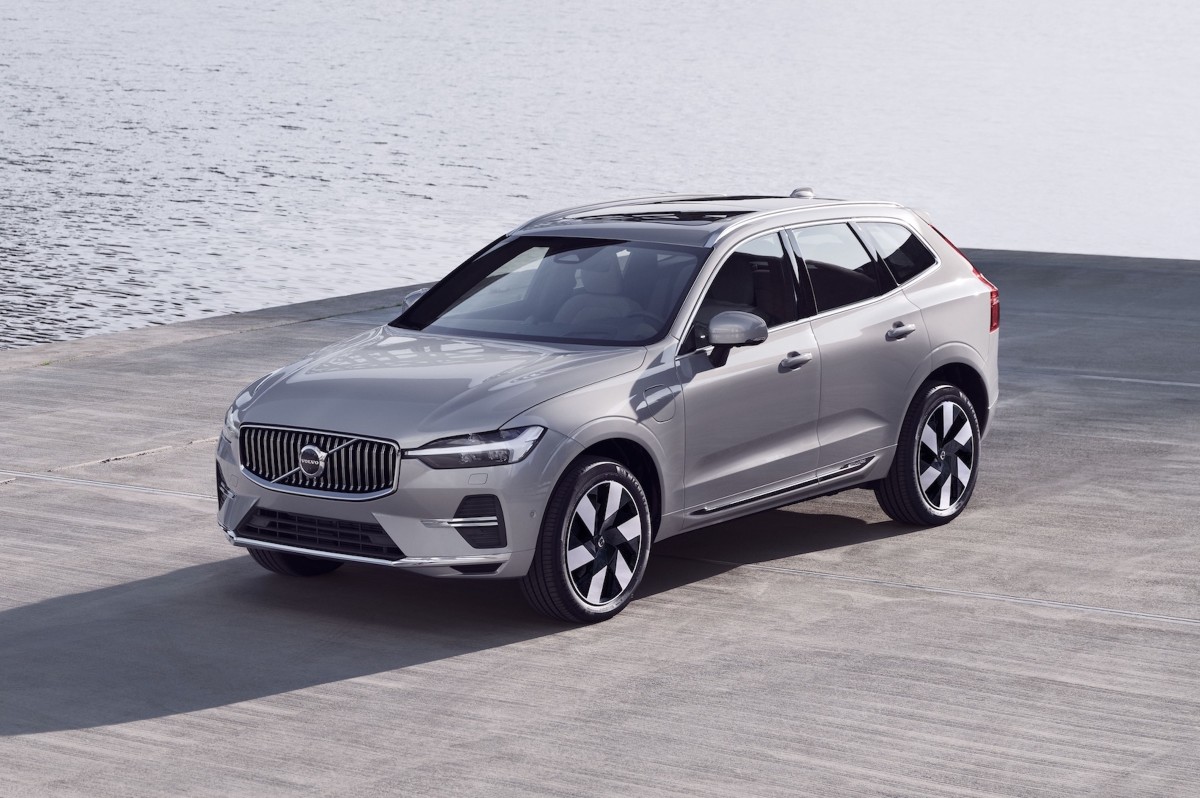
According to one of the sources who spoke with AutoNews, Volvo expects to build approximately 60,000 XC60s and 50,000 XC90s annually in the U.S., which would take advantage of the factory's 150,000-vehicle capacity. Currently, the brand produces just two cars at the South Carolina factory: Volvo's own EX90 electric full-size SUV and the Polestar 3 for its sister EV brand.
June 2025 Volvo Car USA sales figures reveal that the two best-selling Volvo vehicles in the United States are the ones alleged to be locally produced. In the first half of the year, Volvo sold 21,907 units of the mid-size XC60 and 19,748 units of the full-size XC90. Together, these two crossover SUVs accounted for a staggering 64% of the 64,680 cars it sold in the U.S. through June.
Volvo is currently shuffling its cards
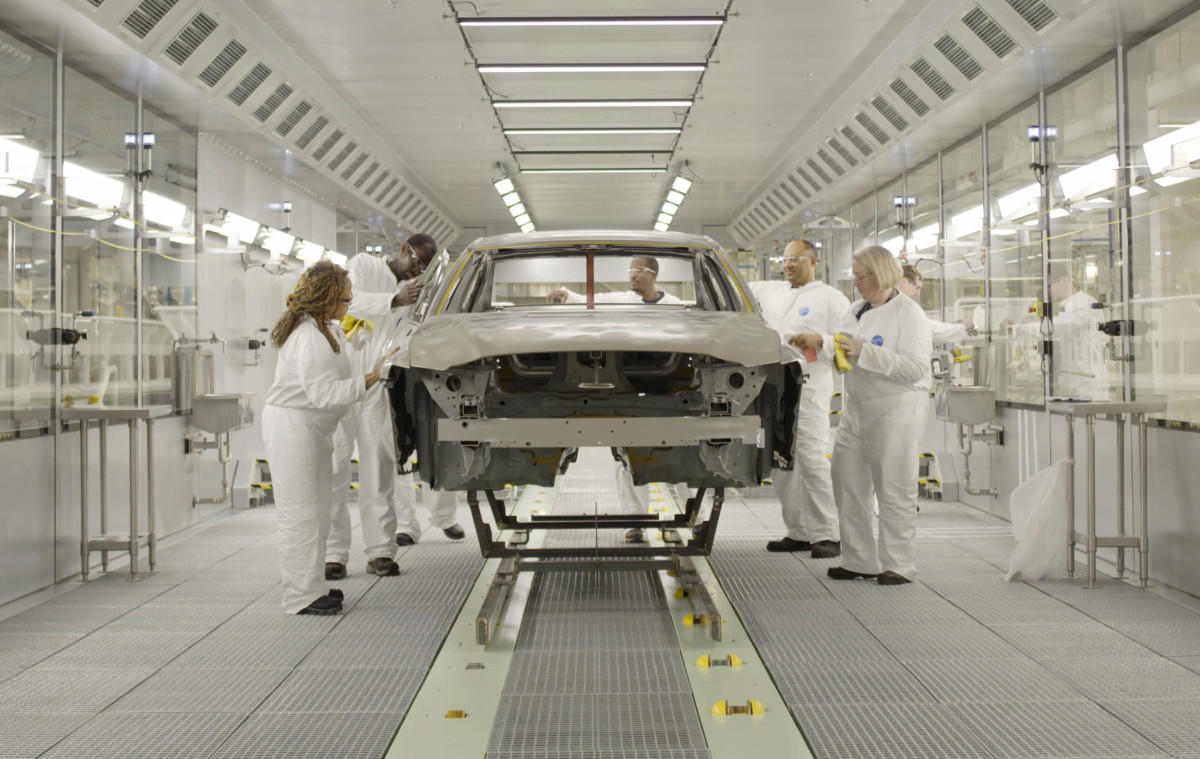
The news of the alleged plans comes amid reports of some significant financial challenges for the Swedes. According to a July 14th report by Bloomberg, Volvo's car division is taking an impairment charge (a Wall Street and accounting term used to describe the reduction in quality, strength, amount, or value of an asset) of 11.4 billion Swedish kronor (~$1.2 billion) due to delays in some of its electric models and the rising cost of tariffs.
Specifically, Volvo is attributing the charges to hiccups related to the electric EX90 SUV and its electric sedan counterpart, the ES90. In a statement, they note that increased development costs have reduced potential profits from the EX90. Additionally, Volvo has raised concerns that tariffs have made the ES90 unfeasible for sale in the U.S. and threaten any EU sales profits.
"Given market developments such as import tariffs in the US, development and launch delays for the EX90, and strategic investment prioritizations, we have reassessed volume assumptions for these two cars. This has resulted in a lower than planned lifecycle profitability," said Volvo Cars CFO Fredrik Hansson in a statement.
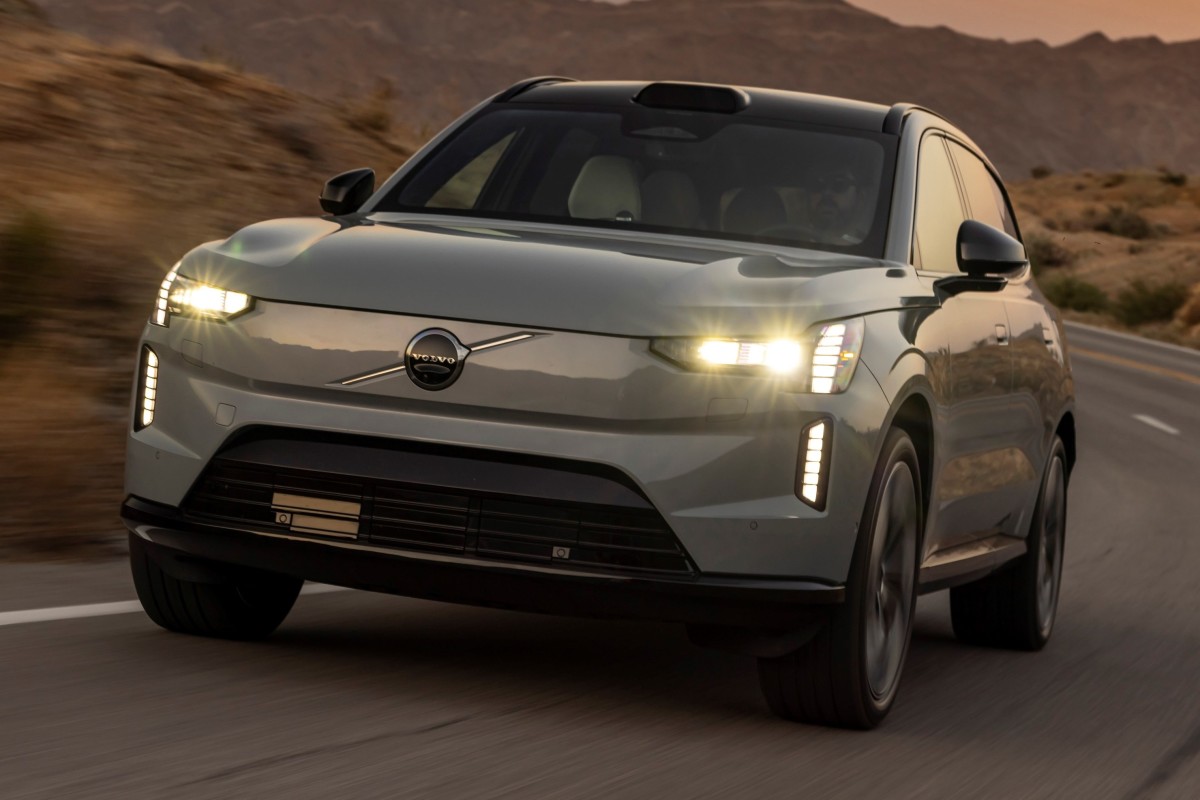
Recently, Volvo Cars CEO Hakan Samuelsson shared that the company would be taking a page from Nissan's book and starting its own austerity program, aiming to save over 18 billion kronor (about $1.85 billion). Part of this plan includes cutting 7% of the global workforce, which means around 3,000 jobs. These changes come after Volvo saw a 60% drop in operating income for the first quarter, and they're meant to help steady the company as it deals with tougher trade tariffs and slowing demand for EVs.
However, since rejoining the company on April 1, Samuelsson has hinted at significant plans for the South Carolina factory, stating in a May Bloomberg interview that the company wants to "bring in something rather fast, and something selling in good numbers," adding that "something midsize core is a good guess."
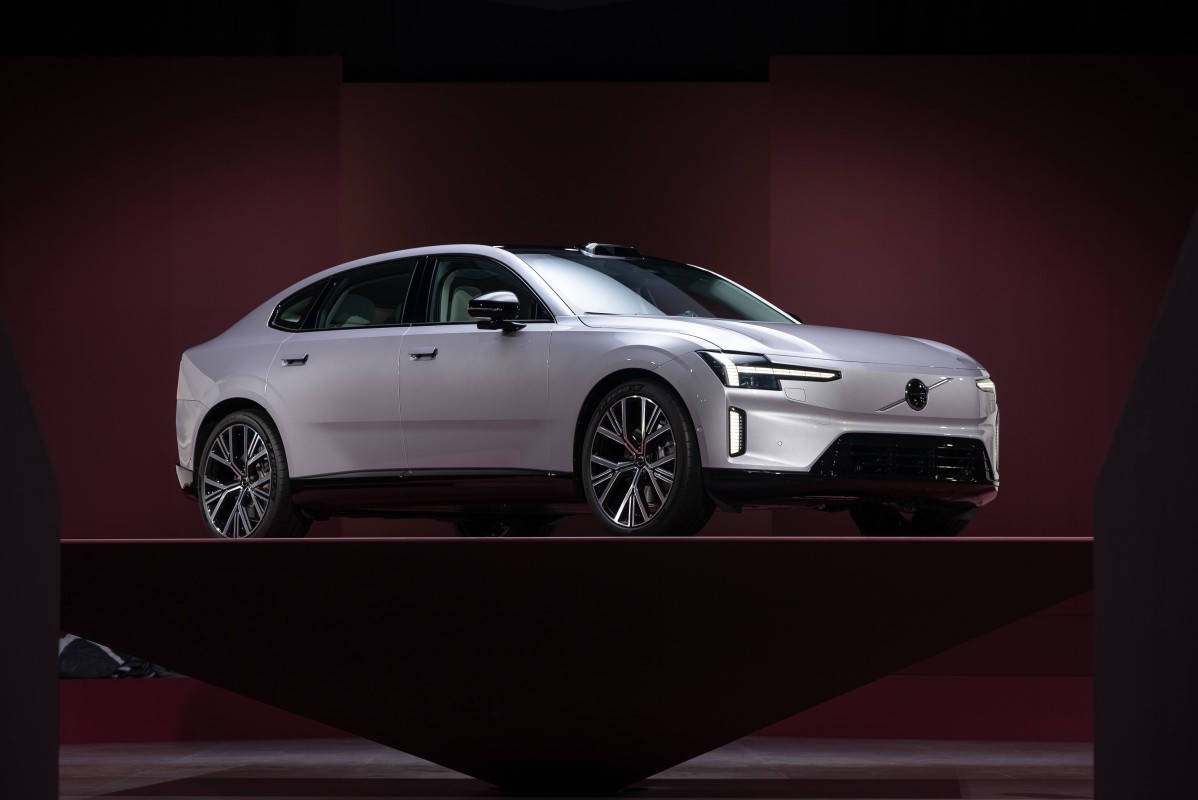
Additionally, the Volvo CEO has publicly stated that he sees the situation with Trump's tariffs as an opportunity to boost and localize U.S. production. During Volvo's annual general meeting on April 3, Samuelsson told shareholders that globalization is being "dismantled," adding that they need to "learn from the Chinese how to localize."
"To get around these high 25 percent import tariffs, we need to look at localizing more, increasing the volumes in the factory, and getting the volumes up to get the cost down," he said.
Final thoughts
Volvo is not alone in its resilience against the current tariff agenda set by the administration. However, the company has faced some unfortunate decisions in the past regarding its South Carolina plant. For example, the factory opened in 2018 to produce the S60 sedan, just as the sedan market began to shift toward crossover SUVs. Last year, Volvo started assembling the EX90 SUV at this plant and later introduced the Polestar 3, but demand for electric vehicles (EVs) has since slowed down.
However, Volvo CEO Samuelsson seems committed to revitalizing Volvo after a period of unstable leadership. Although he is determined to increase American production of high-volume models amid challenging trade discussions between nearly every nation, any decisions about the company's future must be carefully calculated.






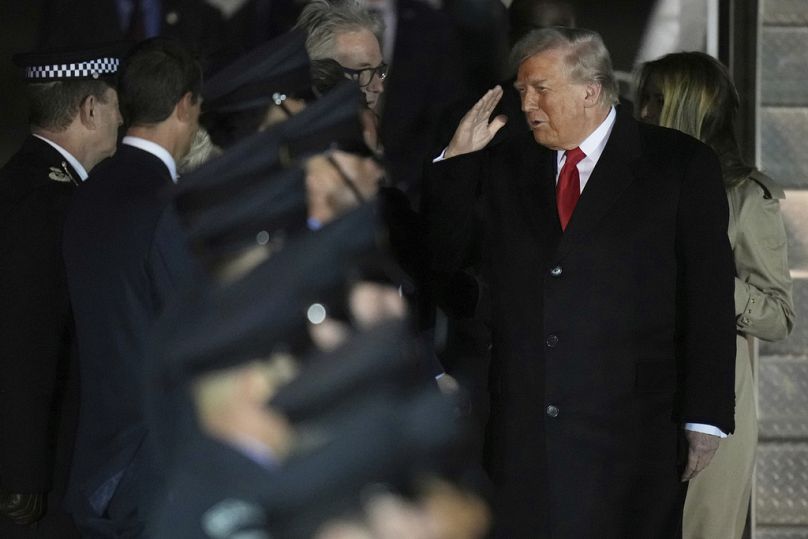
0 komentar:
Posting Komentar